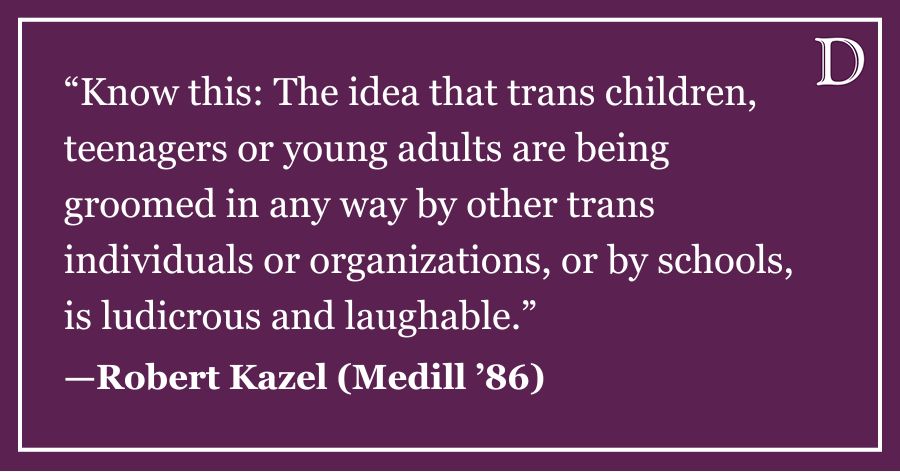
When I was faced with the task of deciphering whether Obamacare was a good idea, and whether the shutdown it helped to precipitate was justified, my eyes glazed over immediately.
Few health care systems are so convoluted, bureaucratic, expensive, illogical and broken as the one currently in place. There are so many middlemen, caveats and almost indistinguishable but separate entities and nuances. Just trying to wrap your head around it is enough to give you a serious medical condition. Nevertheless, in the words of Orwell, our first duty is the restatement of the obvious.
So the government shutdown is once more upon us. The shining, if highly hypocritical, example of Western democracy has ground all non-essential government functions to a halt due to an impasse between the Republicans and Democrats regarding spending. Predictably, the key issue on the agenda is Obamacare. Obamacare, as well as the shutdown that it has been an active part in causing, is misunderstood and shrouded in myths.
A key allegation against Obamacare is that more than 20 million people risk losing their employer’s health insurance under Obamacare. The reality of the matter is that this is a worst-case scenario, and it is just as likely that 3 million plans might be added because of Obamacare. Studies performed by the Stanford School of Medicine also suggest that more than 37 million Americans may dump their employer’s health insurance because insurance plans under Obamacare could give them a better deal.
Other accusations revolve around the government taking total control of health care, waiting lists for treatment and job losses. The truth, in a nutshell, lies somewhere in the middle for all of these points. Neither the president’s reassurances that nothing will change if we don’t want it to, nor the critics’ assertions that everything will crumble, are necessarily true. Both depend very much on individual situations, and blanket statements are misleading. Long story short: If you want to know precisely how you will be affected, it is best to research it yourself.
So what about the shutdown itself? How will we be affected? Well, there will be inconveniences. Non-active members of the military will have their pay delayed, and you will most likely have to postpone that trip to Yosemite for the time being — and maybe even that trip to Mongolia, if you haven’t renewed your passport. During the 1995 episode, more than 200,000 passport renewal applications were simply ignored.
To those who are alarmed: Although this situation certainly isn’t something to be trivialized, especially considering the amount of government employees directly affected by this situation, it is somewhat comforting to keep in mind this isn’t the first time. Government shutdowns in varying forms have occurred 17 times since 1977, the longest being the famed 1995 one. A potential silver lining is that the shutdown will cause a garbage overflow in Washington, D.C., so that our representatives will have a bit of visual motivation to help them along in the decision making process.
A word about the necessity of the shutdown: Although it is politically motivated and embarrassing, when we look at the actual figures, the sheer amount of spending is rather worrisome; in this sense, the Republicans do have a point, even though their worst fear will transpire with or without that shutdown. (This is because Obamacare falls under mandatory government spending.) In the first two days of this fiscal year, even with a shutdown in effect, the federal government spent more than $60 billion. This is an alarming amount, to say the least. It is unsustainable, and something needs to change.
Antonio Petkov is a McCormick freshman. He can be reached at [email protected]. If you want to respond publicly to this column, send a Letter to the Editor to [email protected].













